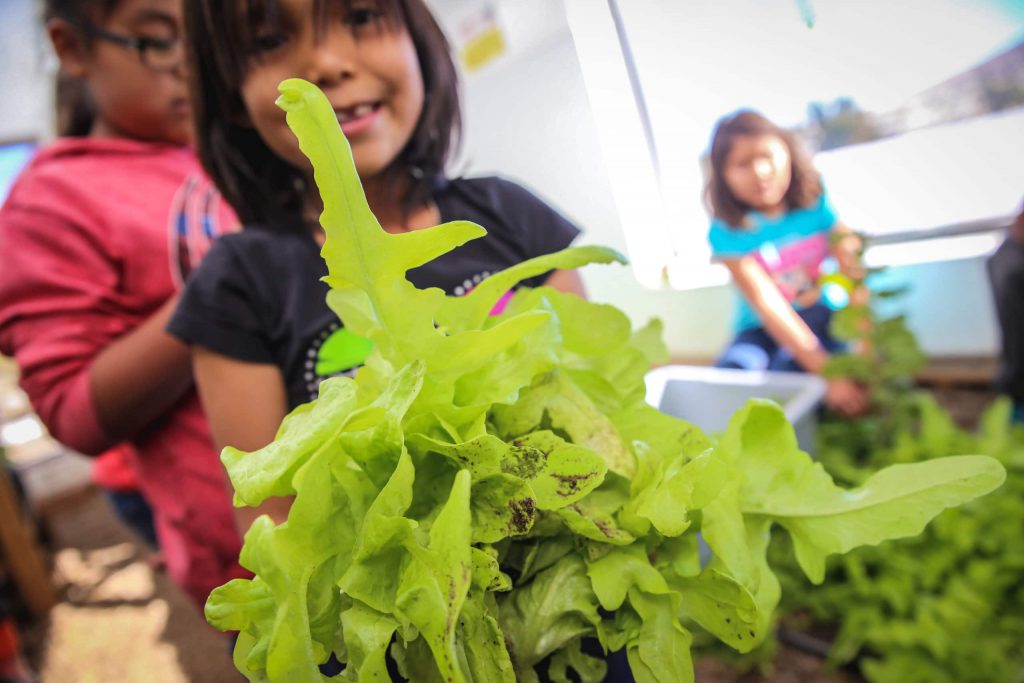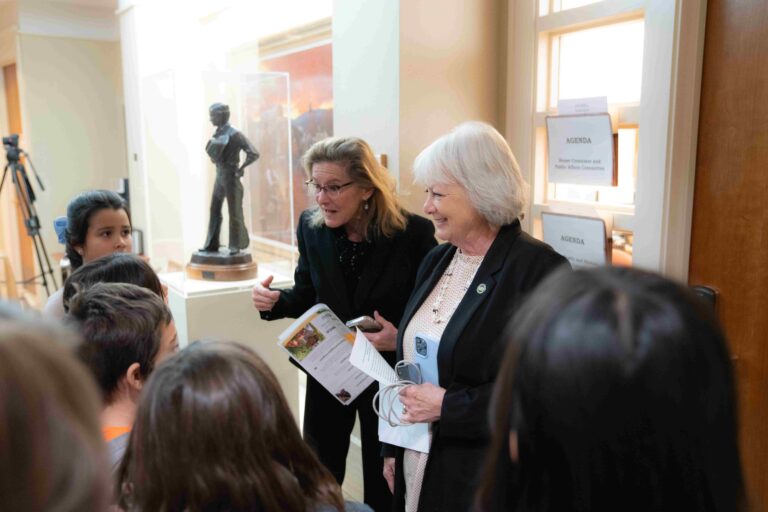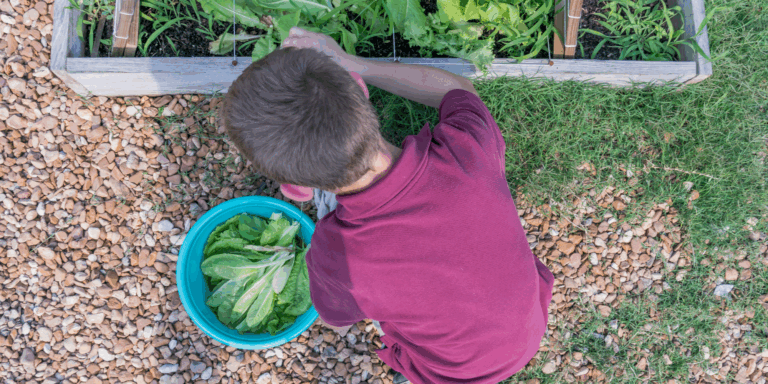What’s Going on With Food Policy?
The longest shutdown in history is over (for now); a new Congress means fresh voices in food policy; new climate change resolution impacts food and farming.
Join our corps! Applications for 2026-2027 are now open. Apply by March 30.
The longest shutdown in history is over (for now); a new Congress means fresh voices in food policy; new climate change resolution impacts food and farming.

Is the Shutdown Really Over?
Last time we shared an update, we were mired in the longest government shutdown in U.S. history. Fortunately, at the time of publishing this post, the 35-day shutdown is over: on January 25, the President signed a bill to re-open the USDA and other agencies—but only for three short weeks. During these three weeks, Congressional negotiators have a chance to fashion a longer-term deal on immigration and border security. If an agreement is not reached by February 15 (that’s Friday, for those counting), we may find ourselves in the exact same predicament—another partial shutdown with more worries about access to benefits like SNAP. Meanwhile, news reports continue to highlight lingering impacts of the shutdown, as in this article about the fallout for SNAP participants.
There’s a New Congress. What Does That Mean for Food Policy?
Despite the ongoing threat of shutdown, FoodCorps is looking for opportunities to work with the new Congress on advancing our goals around healthy food in schools for kids. With many new members in the House and Senate, the Congressional committees that work on the issues that matter to FoodCorps are flush with new voices. We’ll be introducing ourselves to these new members and telling them how FoodCorps service members are connecting kids to healthy food in their districts and states. At the state and local levels, new and returning lawmakers are getting to work and tackling policy priorities, and we’re monitoring those efforts and will engage when our agendas line up. To stay up to date, keep an eye on the FoodCorps blog and sign up for our action alerts to raise your voice to support healthy food for kids.
With many new members in the House and Senate, the Congressional committees that work on the issues that matter to FoodCorps are flush with new voices.
“Green New Deal” Addresses Food’s Role in Climate Change
You may have heard about something called a “Green New Deal.” On Thursday, February 7, Representative Alexandria Ocasio-Cortez (D-NY) and Senator Ed Markey (D-MA) released a resolution that outlines their ideas for radically slowing down climate change. The Green New Deal contains aggressive measures for reducing our carbon footprint in the next 10 years, and one in particular caught our eye: “building a more sustainable food system that ensures universal access to healthy food.” As this article from Civil Eats notes, food and agriculture contribute a whopping 9% to our greenhouse gas emissions.
It’s still early in the life of this initiative, and at this point, the resolution is a broad outline of policy ideas ranging from infrastructure investments, energy efficiencies, and more. But we are excited to see that lawmakers are looking at the issue of climate change expansively and turning their eye to the food system, while also including measures that address issues of access and equity. We’re looking forward to working with lawmakers on making progress and having more conversations about what these policies could look like.

Our 2025 Child Nutrition Policy Year in Review

Winterizing Your School Garden

5 Awesome Small Businesses by FoodCorps Alums